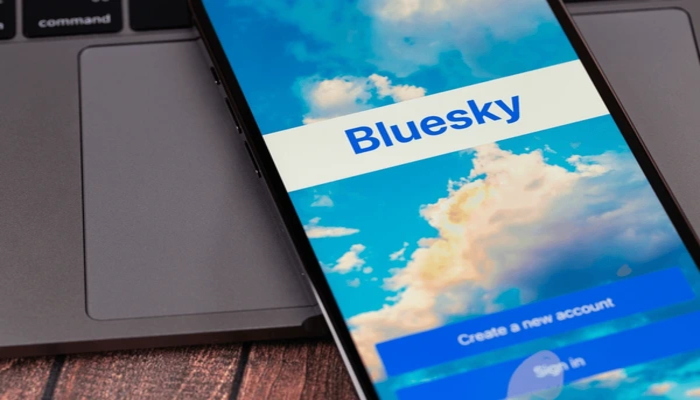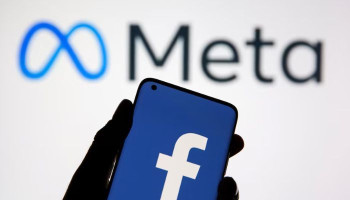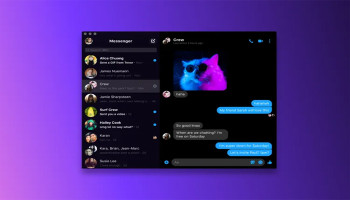
Social media platform Bluesky, the archrival of X (formerly Twitter), has finally allowed users to view posts on the platform without having any account and logging into it.
Users still need an invite to create an account on Bluesky and share their own posts, however, they can read them using a link.
As reported by TechCrunch, this tweaking in the privacy will also enable publishers to link to and embed Bluesky posts in their blogs and news articles. Moreover, users can share them in individual and group chats as well.
Read more: Controversial conservative social media platform Parler to relaunch in 2024
Jay Graber, the company’s CEO in a blog post also revealed a new butterfly emoji logo replacing the traditional logo of well… a blue sky with clouds.
“Early on, we noticed that people were organically using the butterfly emoji ? to indicate their Bluesky handles,” Graber said “We loved it, and adopted it as it spread. The butterfly speaks to our mission of transforming social media into something new.”
This year, Bluesky launched its iOS and Android apps and hit 2 million users. The social network also rolled out different moderation tools after facing criticism about the type of content it allowed on the platform.
While Bluesky is currently the only instance on the AT Protocol, it is aiming for federation “early next year,” meaning that more servers and instances would be observed, being compatible with Bluesky with a set of rules and regulations.
How to turn on logged-out visibility on Bluesky
- Despite letting unregistered users view posts on the platform, Bluesky has also granted account holders to decide whether they want their posts to be seen by the logged-out users or not.
- Users can turn on and off this setting by going to the Settings of the app.
- Then head to the Moderation tab.
- Then toggle the Logged-out switch to turn on or off the visibility of their posts for logged-out users.
However, privacy doesn’t stop people sneaking from third-party platforms to view users’ posts regardless of being logged out. For that matter, users not willing to share their content with the general audience will have to make their profiles private.















